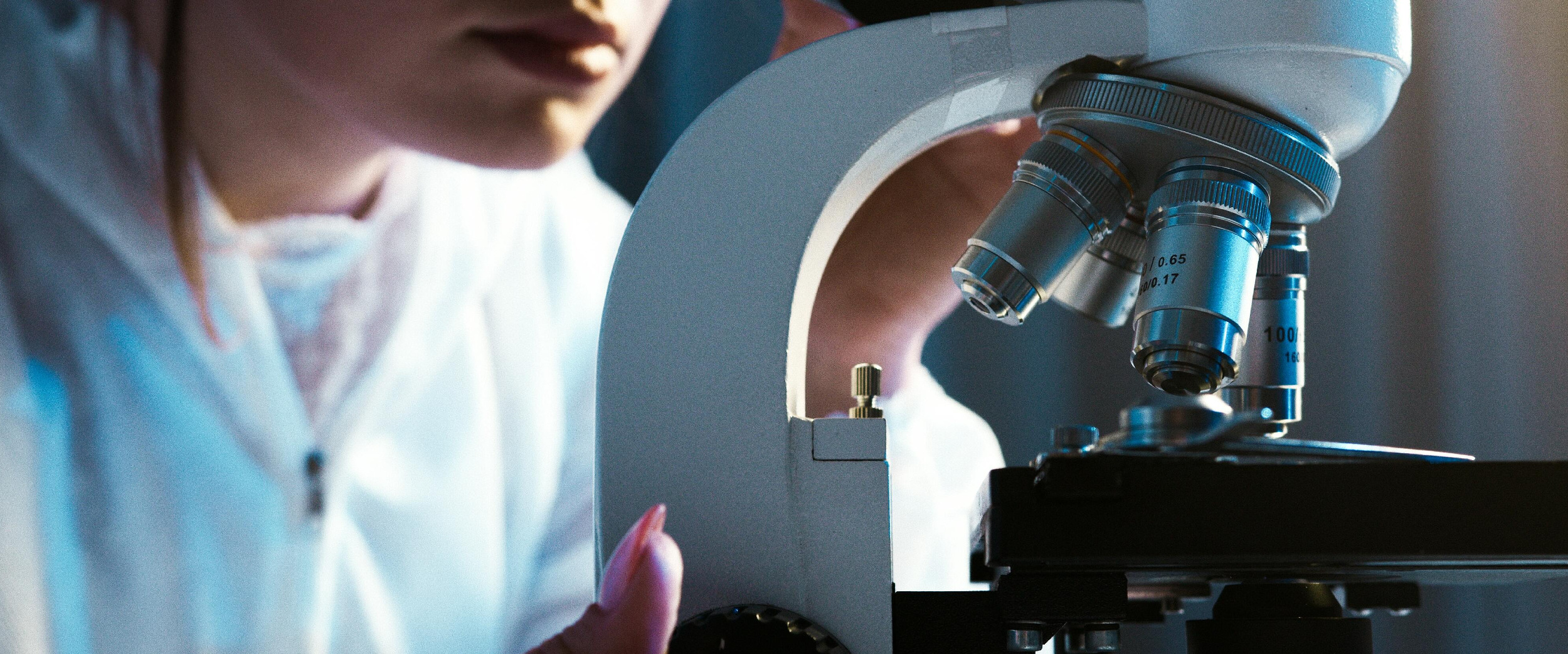Before it was known that genes could be linked to various cancers, 1970s research focused largely on viruses and their role in the development of cancer. With the knowledge that family history had an impact on cancer risk, Mary-Claire King, an American geneticist, began to theorize possibilities beyond viruses and started her mission in identifying the cause of breast cancer running in families.
In the 1970s, King discovered, through a study analyzing the connection between birth control pills and cancer, that an autosomal dominant gene likely explained the multiple incidences of breast cancer within families. This revelation pushed her to identify this gene, and in 1990 she discovered the BRCA1 gene – the first gene known to be linked to breast cancer. Later in 1995, another lab discovered the BRCA2 gene. It was not until the late 1990s that genetic testing was made available for these mutations to the public.
Having a mutation in one of these genes increases a woman’s susceptibility to being diagnosed with breast and ovarian cancers. According to US statistics, 55-72% of women with the BRCA 1 and 45-69% with the BRCA 2 mutation will develop breast cancer by 70-80 years of age – this is compared to 13% in the general population.
What are the BRCA genes?
BRCA1 and BRCA2 are genes that create proteins that help with repairing damaged DNA. Everyone has two copies of each, inheriting one from each parent. When one of these genes mutates, the individual has an increased risk of developing breast or ovarian cancer. It is considered autosomal dominant, meaning only one mutated copy needs to be passed down from one parent to cause the increased cancer risk. Having the gene doesn’t mean one will definitively develop cancer, and it cannot skip generations.
What is the PALB2 gene?
The PALB2 gene stands for partner and localizer of BRCA2 – this gene works with the BRCA2 gene to repair DNA that has been damaged. Less is known about the PALB2 genes’ connection to breast cancer than the BRCA genes, but research published in a study in 2014, show indications that having a mutation on this gene increases your risk for breast cancer. It is estimated that by age 50, a woman with the PALB2 mutation will have a 14% risk of breast cancer — this number increases to 35% by age 70. If a 70-year-old woman has two first-degree relatives diagnosed with breast cancer prior to age 50, her risk increases from 33% to 58%.
Who should get tested?
Testing for the BRCA1 and BRCA2 mutations is a personal choice, however, the following factors may increase the chances of having a mutation:
- Having a parent with a positive BRCA1 or BRCA2 result – there is a 50% chance that they passed the mutation onto you
- Being of Ashkenazi Jewish descent
- Family history of:
- Male breast cancer
- Young adult breast cancer (breast cancer diagnosed in an individual under the age of 50)
- Multiple immediate relatives on the same side diagnosed with breast cancer
Options for those with a mutated BRCA or PALB2 gene
Finding out you carry a BRCA mutation can be difficult, and decisions regarding what to do with this information vary and are personal to each family.
Some options include:
- Screening for breast cancer at a younger age and more often
- Prophylactic surgery: removal of breast tissue to reduce risk
- Using chemo preventative drugs which reduce the risk of breast cancer in women at increased risk
After doing a genetic test, it is best to speak with the genetic counsellor who did your testing to decide on the best next steps for you.
Photo by Artem Podrez from Pexels







